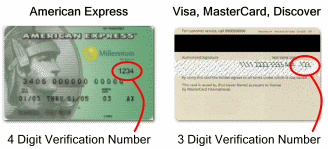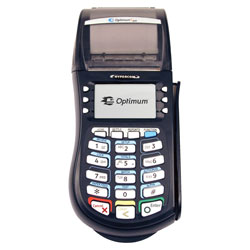Right now, there’s a battle waging for the processing industry. On one side is a massive group of retailers including Walmart, Target, the NRF and many others and on the other is Visa, MasterCard, Amex, card issuing and processing banks. This outcome of this battle will ultimately decide whether the government will regulate credit card interchange, or it remains controlled by Visa and MasterCard.
Retailers argue that Visa and MasterCard are using anti-competitive practices to maintain a monopoly on the processing industry. Visa and MasterCard declare that government regulation of interchange will create a non-competitive situation and ultimately cost businesses more than they are currently paying.
In theory this act (H.R. 5546) sounds to be a simple solution to a complex problem. The government gives retailers the ability to negotiate their interchange fees, done… What this resolution doesn’t take into account is that the system is so much more complex than just some simple interchange negotiation. This resolution would be on-par with telling every gas station in the country to negotiate prices with their customers, good luck… It doesn’t in any way address the cause of the interchange prices, it only addresses the result of where interchange is set at.
Why interchange should not be regulated:
Irresponsible: – The current concept of interchange regulation is in reaction to a slowing economy, and massive inflation in oil and food prices, and not the interchange fees themselves. This is an irresponsible and ineffective way to handle a complicated situation. Putting all personal opinion aside, the US Government Accountability Office, the US Justice Department, the American Banking Association, and the Federal Trade Commission have all warned congress against regulating interchange.
“Policymakers should heed the concerns raised by both the FTC and the Justice Department,” said Yingling. “The many benefits merchants receive from accepting payment cards come at a cost and intervening in this properly functioning market by establishing artificial interchange rates will ultimately hurt consumers.”
Congress passing this bill would be a matter of personal politics and not good government. These organizations exist to control and regulate trade and economy. If they are saying not to do it, it’s a good sign that personal issues are overshadowing what’s important in the overall picture.
Impossible Solution: – The resolution for setting interchange prices is by a panel of three appointed “Electronic Payment System Judges” who set interchange rates. How can setting fixed prices possibly allow for a competitive marketplace. If every store owner had to set their prices the same, how would there be any competition.
It also gives merchants “in theory” the ability to negotiate their interchange rates. Since interchange rates are set by Visa and MasterCard and not a business’s merchant account provider, Visa and MasterCard are going to have a lot of work on their hands. There are roughly 25 million businesses in the US. Giving everyone the ability to directly negotiate with Visa/MC is not going to simplify anything. Since interchange will be set based on cost and return, then I can see the cost going up a lot when 25 million people pick up the phone to call Visa.
The market is “not” non-competitive: – Open up a new business and see how many calls you get from merchant account providers. There is fierce competition in the merchant services industry. Putting scams aside, this competition benefits merchants in the form of the lowest possible rates, and best service. This is the definition of a competitive marketplace and is exactly what keeps the market fair. Interchange is extremely complicated, and only recently has become somewhat transparent. The actual problem being described is not the cost, it’s the complexity.
Conclusion:
The bottom line is that this is an extremely complicated situation that is being dealt with through personal emotions and haste instead of facts and understanding in a time of economic instability. Interchange has become a scapegoat for a falling economy and the fallout from rising oil prices and commodities inflation.
Related relevant posts:
An Ugly Regulatory Bill
STOP THE MADNESS!
Congressional Price Fixing
Electronic Payments Coalition Statement on Price Control Legislation (H.R. 5546)
Interchange bill may be dead for ’08
No Credit to Congress







